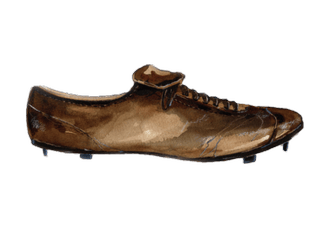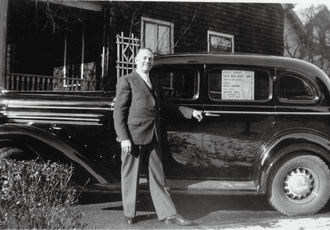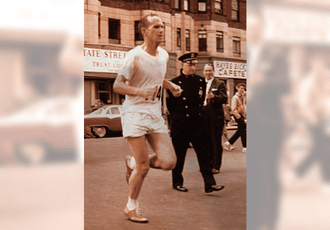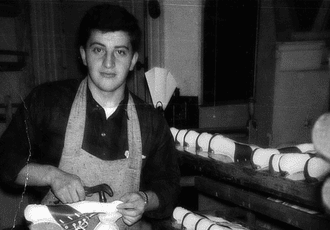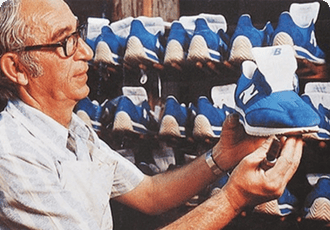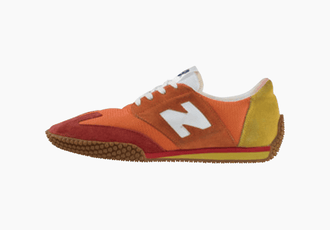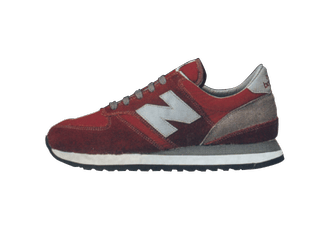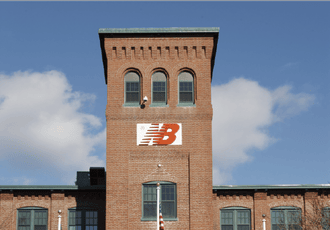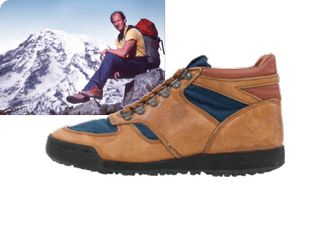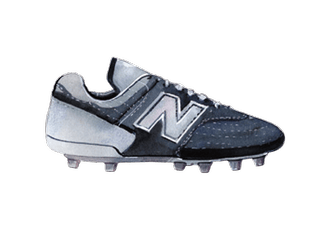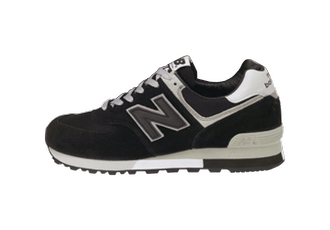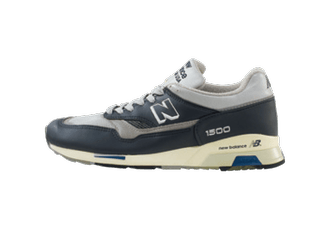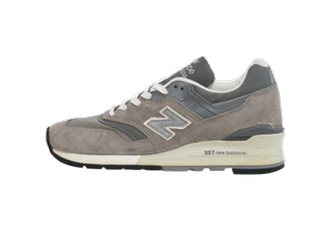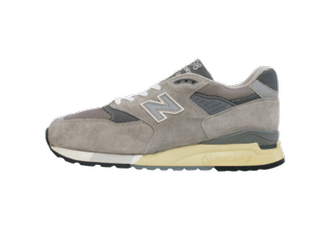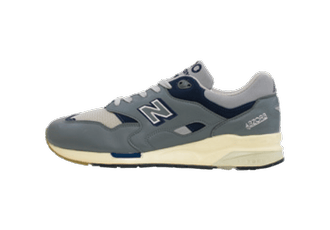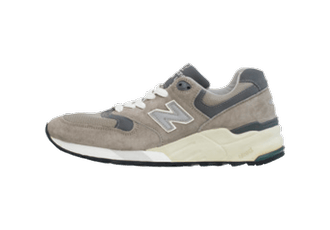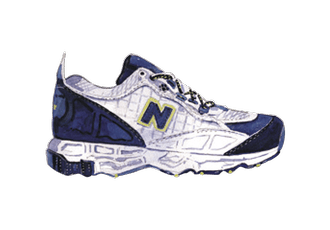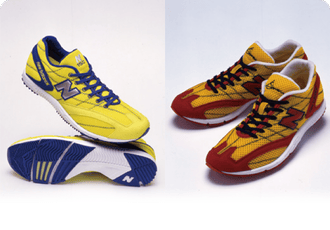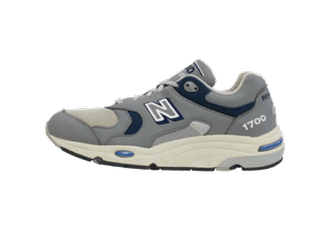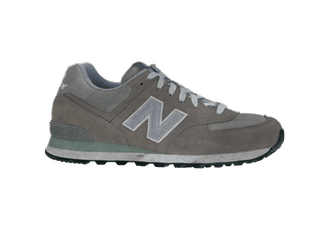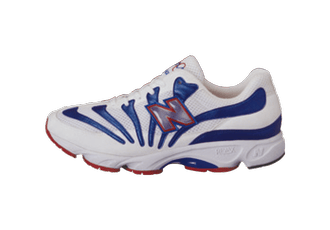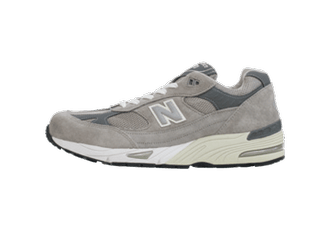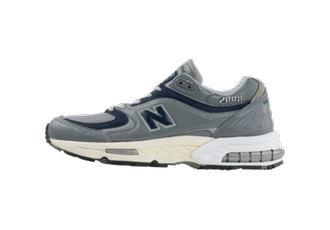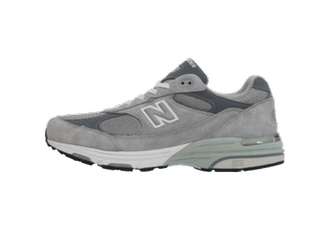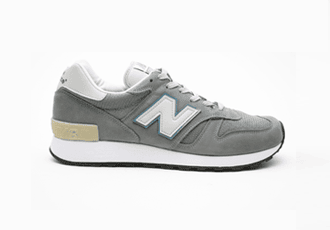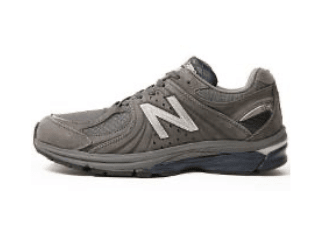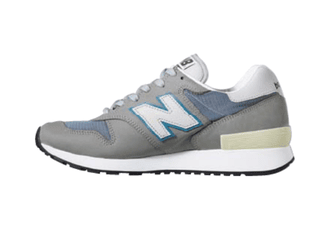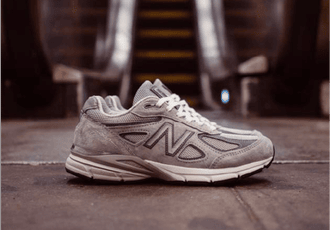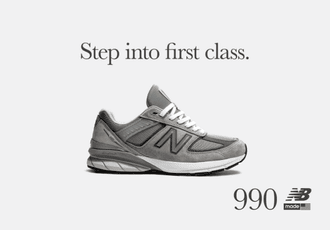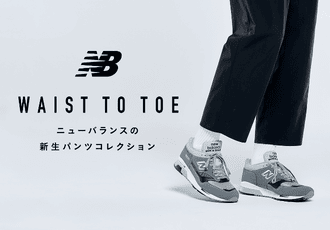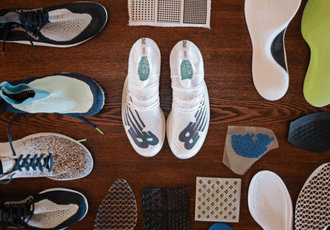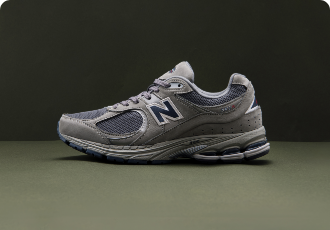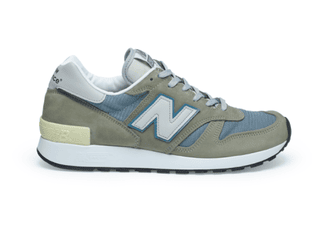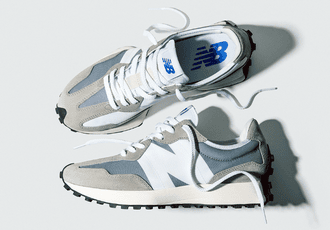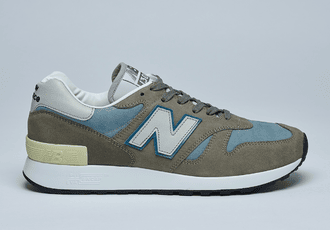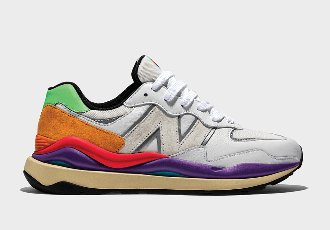myNB会員ならいつでも5,000円(税込)以上のご注文で送料無料!
年内のお届けは12/26(木)15:00ご注文分まで! 詳細はこちら

Boston is where we began.
Perfect-fitting shoes is our legacy.
Since our founding,
New Balance has responded to the need for well-fitting footwear around the world.
Our innovative technology and values have been passed down through the years
and are driven by the challenges that the future holds.
Learn more about some of the pivotal moments in our history below.
Founded as arch support specialistsNew Balance Arch Support Company
New Balance was originally founded in Boston as an orthopedic shoe company by a 33-year-old English immigrant named William J. Riley to provide arch supports and footwear for those with flat feet and foot-related injuries. Inspired by the three-toed yet perfectly balanced feet of chickens, he developed high-quality arch supports. The company’s name is based on the insoles’ ability to give customers the ultimate level of “new balance.”
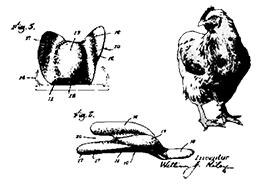
We begin making arch supports and orthopedic shoes
based on the three-clawed feet of chickens
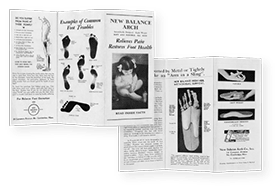
A pamphlet explaining the benefits of New Balance Arch

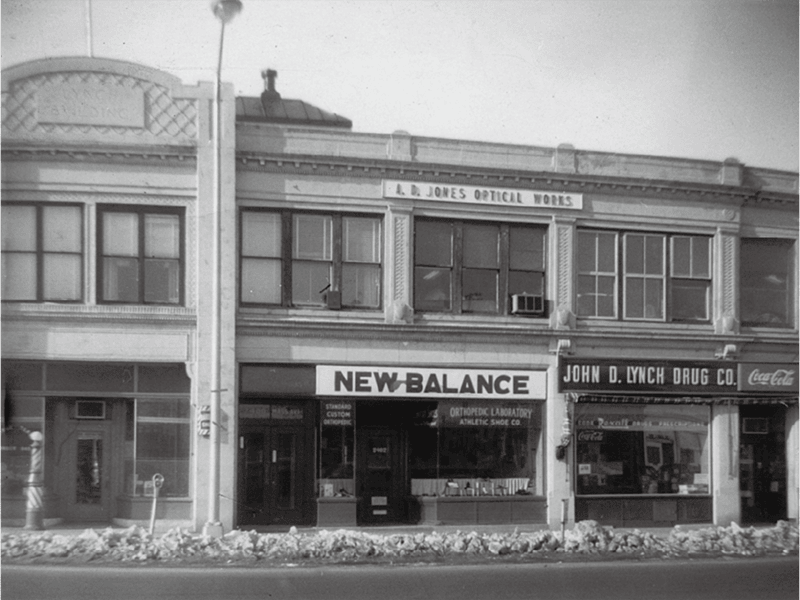

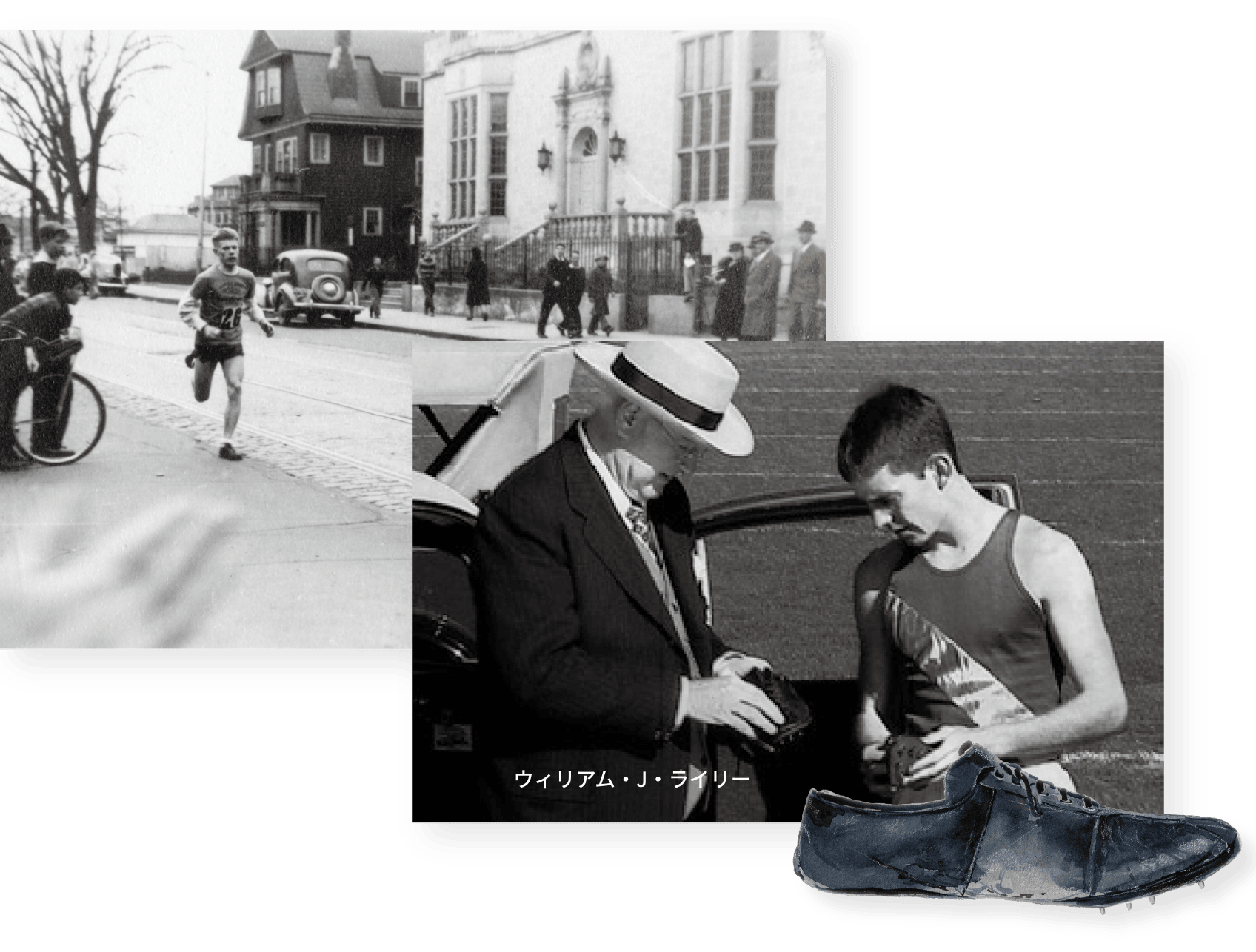
New Balance’s firstrunning shoes
We made our first running shoes after receiving a request from the Boston Brown Bag Harriers, a local running club. These custom shoes were lightweight, durable, and featured a crepe sole and a black kangaroo leather upper. This is also when we begin to gain attention for our shoes’ fit.


New Balance releases
Trackster, its first line of footwear for the general public
Our first running shoe option for the public is born. They featured a ripple sole and were the first ever running shoes to offer multiple width options. They adopted the same ripple sole used in the metal-spiked sprinting shoes of the time and became the first ever high-performance running shoes with custom width fittings. This development was gladly received by the sports footwear industry.
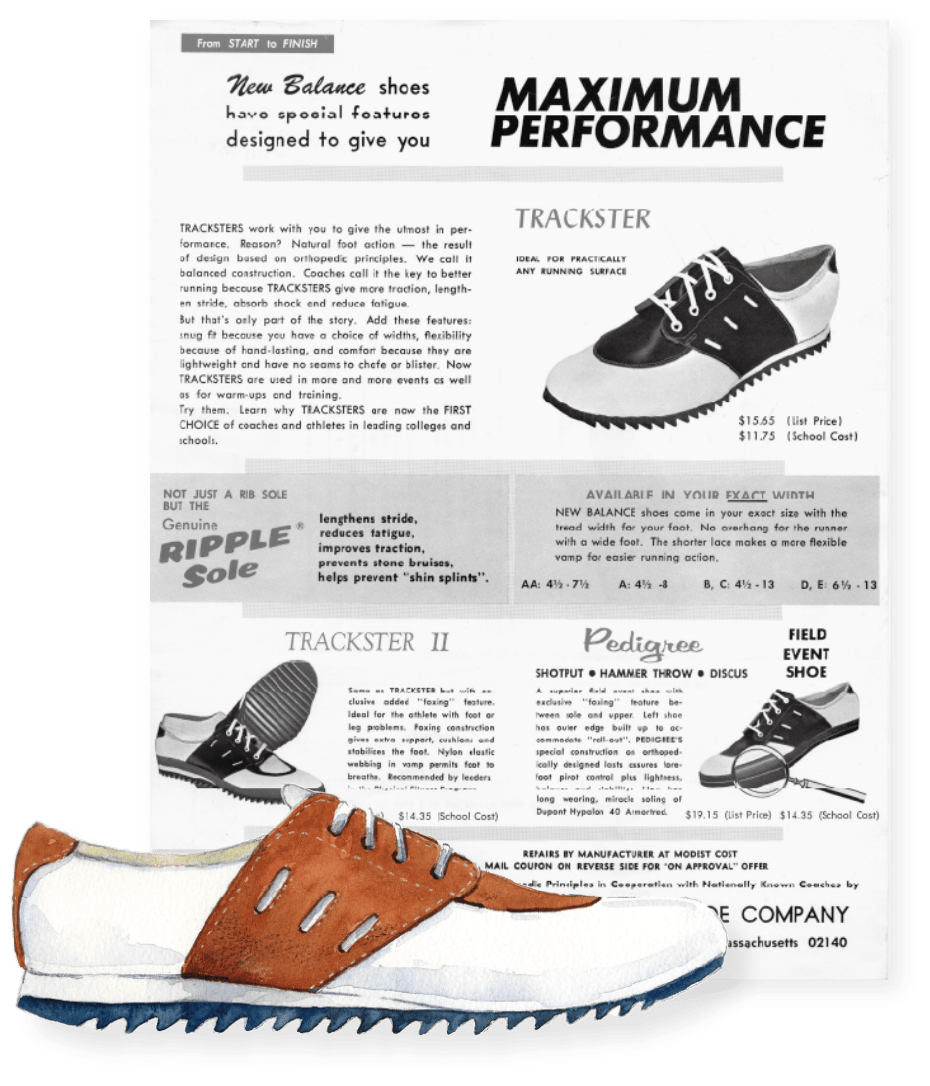


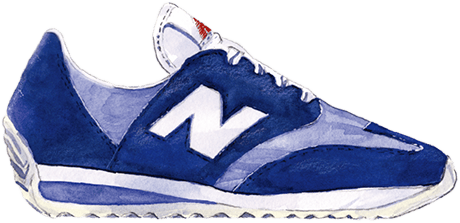
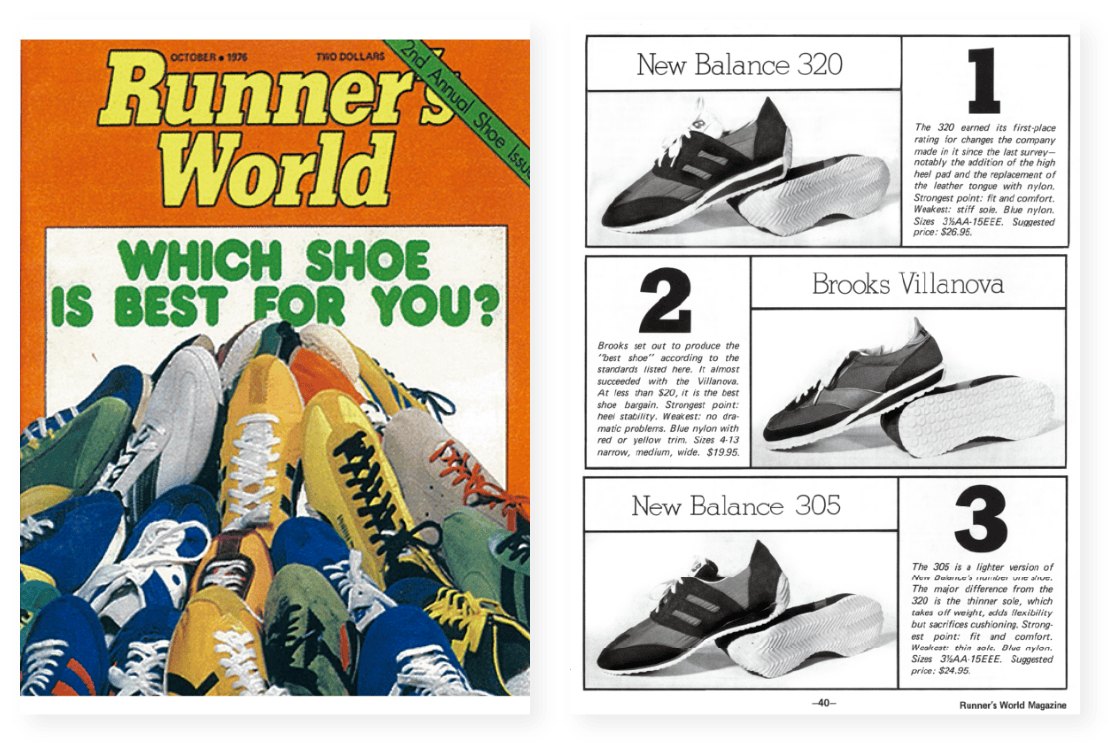
The shoes worn by the New York City Marathon winner
were our“M320”
Our 320 model was named the best running shoe by Runner’s World magazine. The magazine also gave the model a five-star rating in 1979.
New Balance gains global awareness as an innovative and technologically-advanced running shoes manufacturer.

Our first ultra lightweight
shoes in gray“M620”
The 620 model, with its ethylene vinyl acetate (EVA) midsole and Vibram outsole, came out as the lightest shoes on the running footwear market.
Most sports footwear of the time was quite colorful, yet New Balance decided to come out with its first gray colorway. Gray becomes an iconic color of the brand after this release.

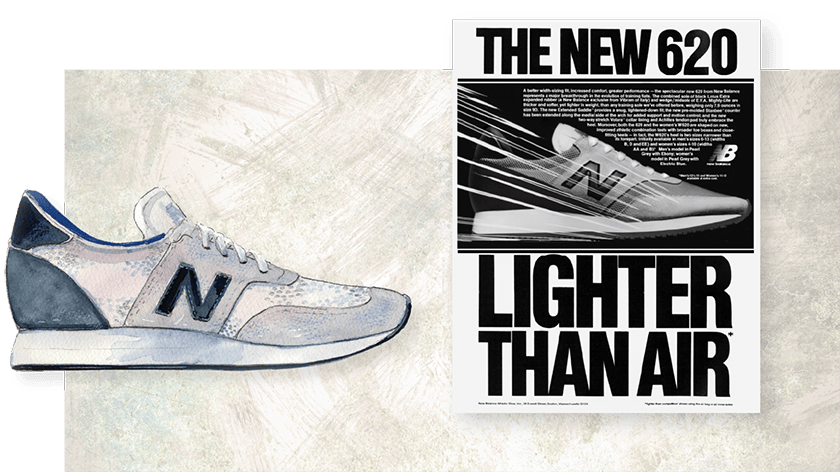

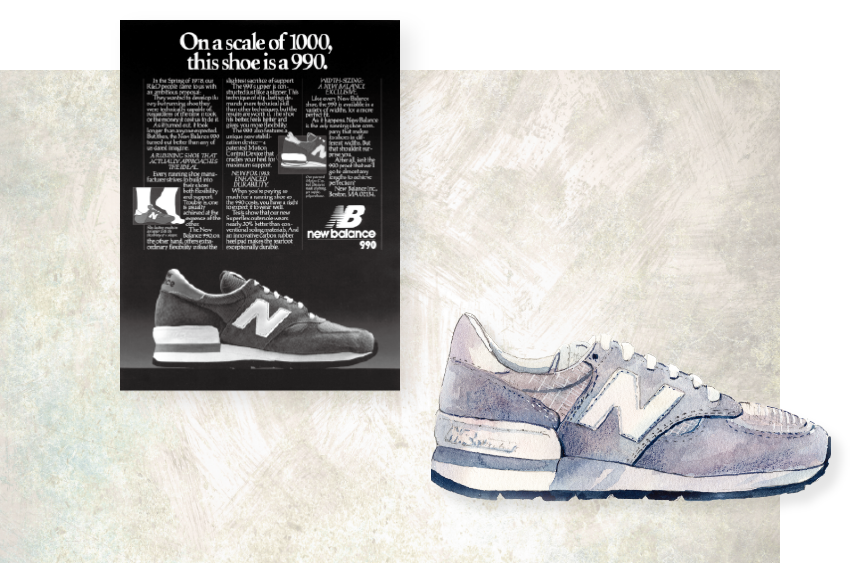
An iconic model that is traditional
yet uses the latest technology“M990”
The first model of the 900 series, born from our desire to develop the very best running shoes, featured a Motion Control Device and the best cushioning for better stability. The slogan used in ads of the time was, “On a scale of 1000, this shoe is a 990.” These hi-tech training shoes gained popularity for their many enhancements and high price point of $100 USD (at the time, $1 = 280 yen).
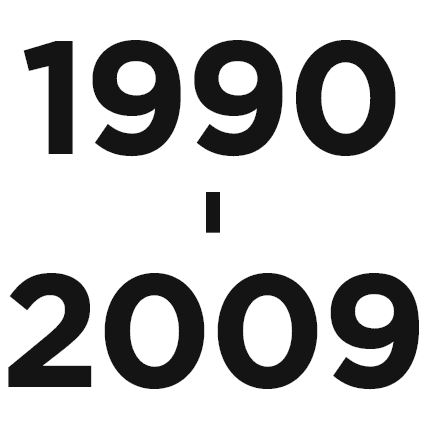

Our European factory moved to
Flimby in the UK.
New Balance moved its production from the UK town of Workington to Flimby, which is our current factory location in Europe.
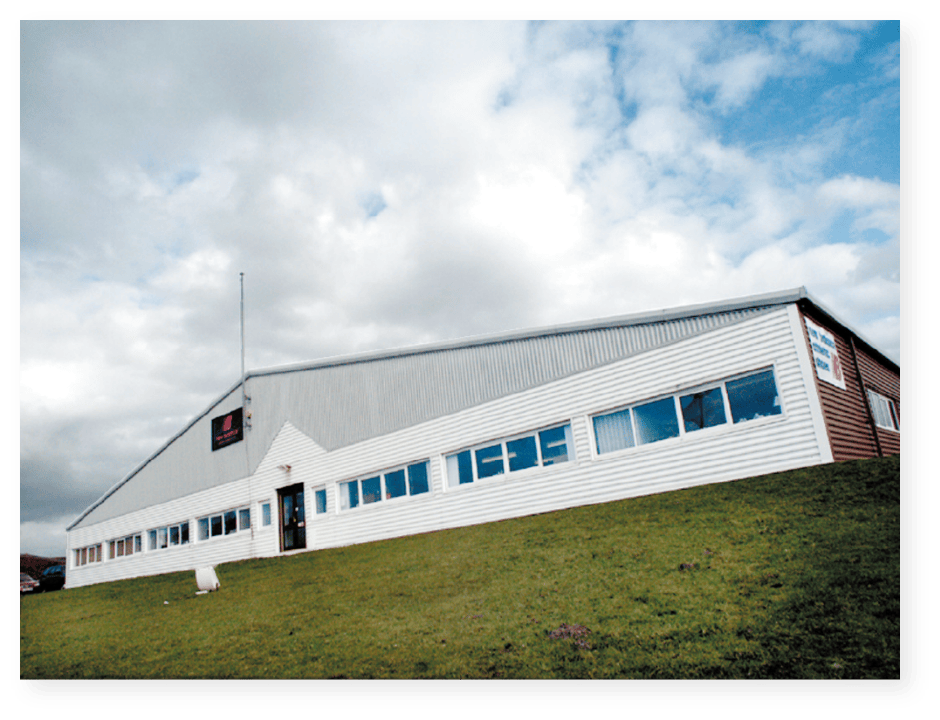

The brand’s 100th
anniversary model“M992”
New Balance, founded in 1906, celebrates its 100th anniversary and releases the 992 anniversary model as part of the Made in USA series.
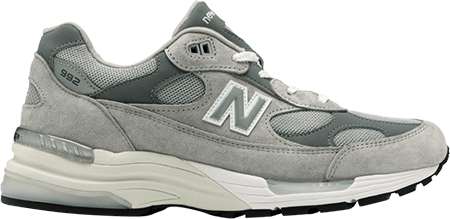


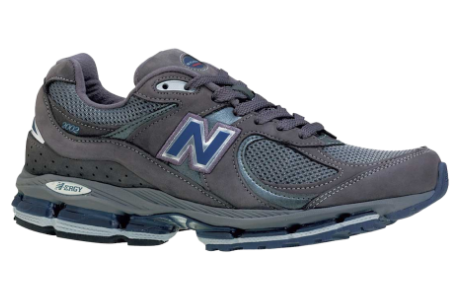
MR2002
This model was the first in the 1000 series to use natural leather again after the synthetic leather models starting from 1500. These shoes were developed by the technologically advanced Super Team 33 at our factory in Skowhegan, Maine. The shoes’ superior comfort and quality materials have earned them many fans. This model also marked the switch to naming performance running shoes with ‘MR’ instead of ‘M.’

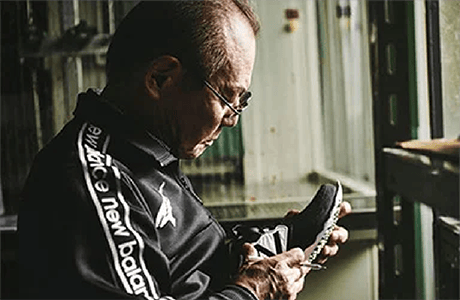
Contract signed with Hitoshi Mimura
New Balance Athletics, Inc. began a global partnership with M. Lab and signed a contract with Hitoshi Mimura to be our exclusive advisor.

TOKYO DESIGN STUDIO
New Balance
We founded our Tokyo Design Studio (TDS) brand in 2012 to begin R&D on lifestyle wear. From the second half of 2014, products made by TDS were being added to our global offerings. TDS was rebranded as “TOKYO DESIGN STUDIO New Balance” in the autumn of 2018 and has continued to create products with innovative designs.
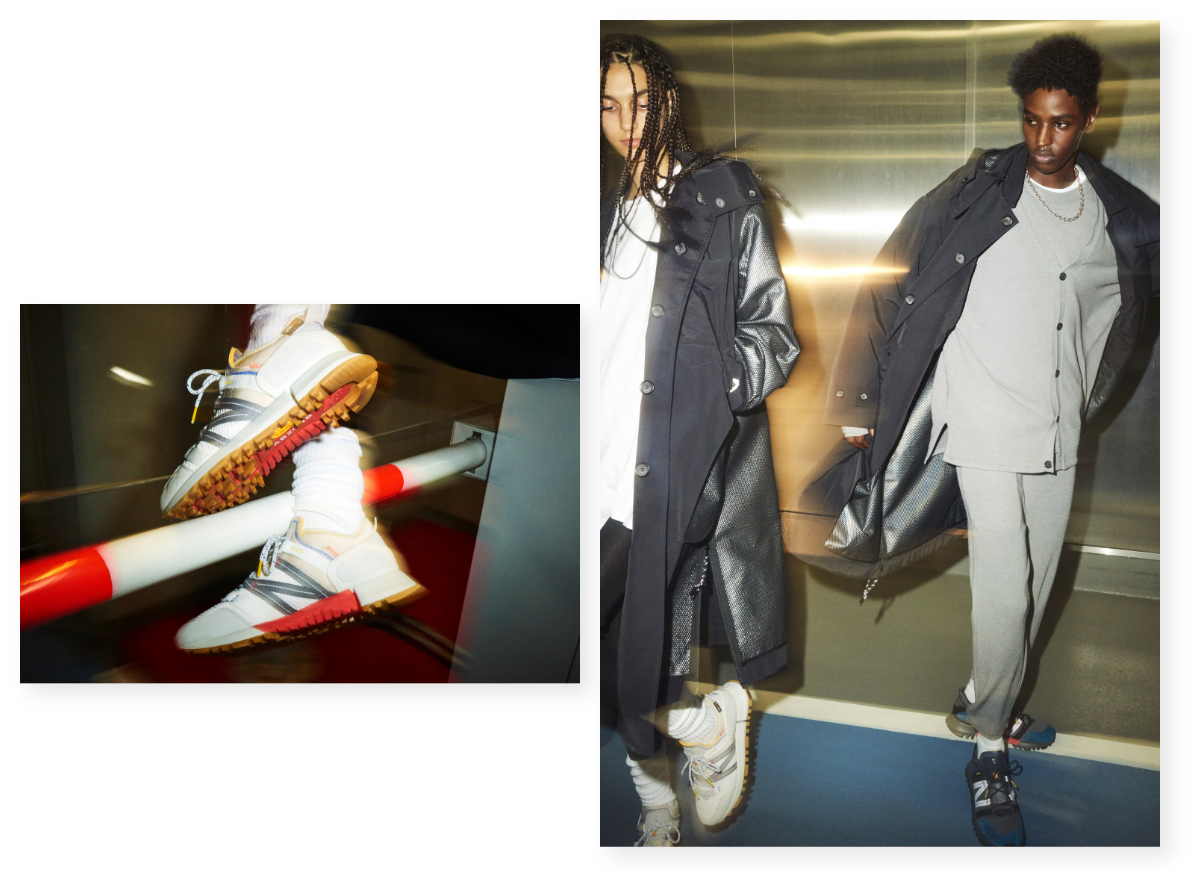

Our FuelCell collection debuts
Developed together with athletes from 2017, we launched this collection of high-performance running shoes for training and racing with the 5280 model in 2019, followed by the FuelCell TC and FuelCell RC Elite. This combination of FuelCell foam with a carbon fiber plate gets turned into its own series.

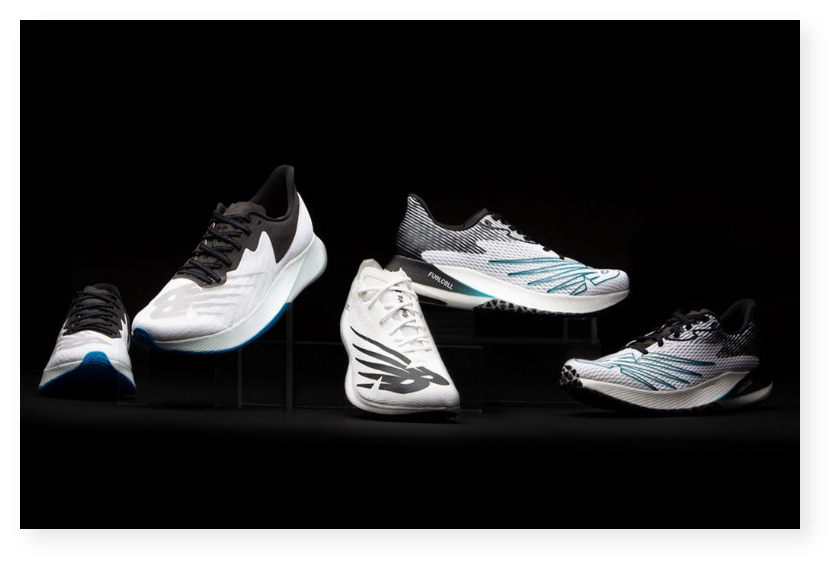

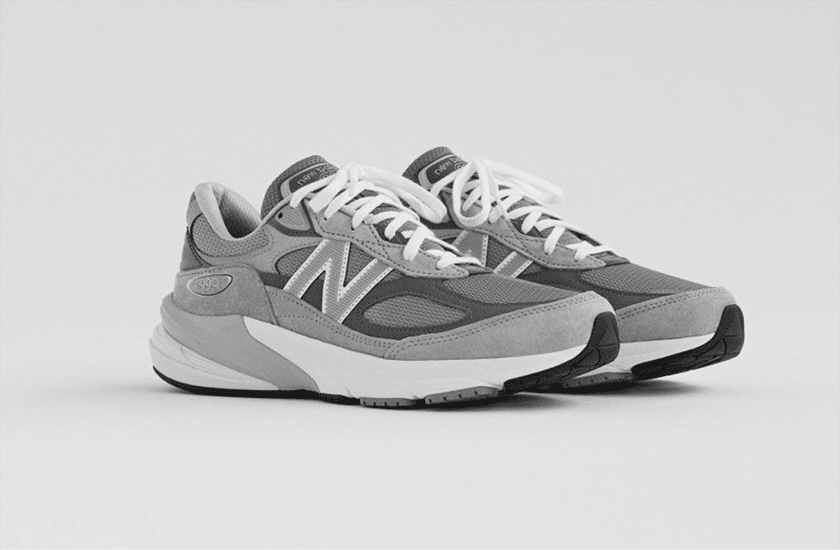
The 990v6 launches
The upper dispenses with the standard midfoot saddle, allowing the pigskin and synthetic overlays to flow from heel to toe across the mesh underlay, for a speedy, streamlined look. This next step in the 990’s evolution can be felt in the FuelCell midsole, which provides even better cushioning, rebound, and agility.


